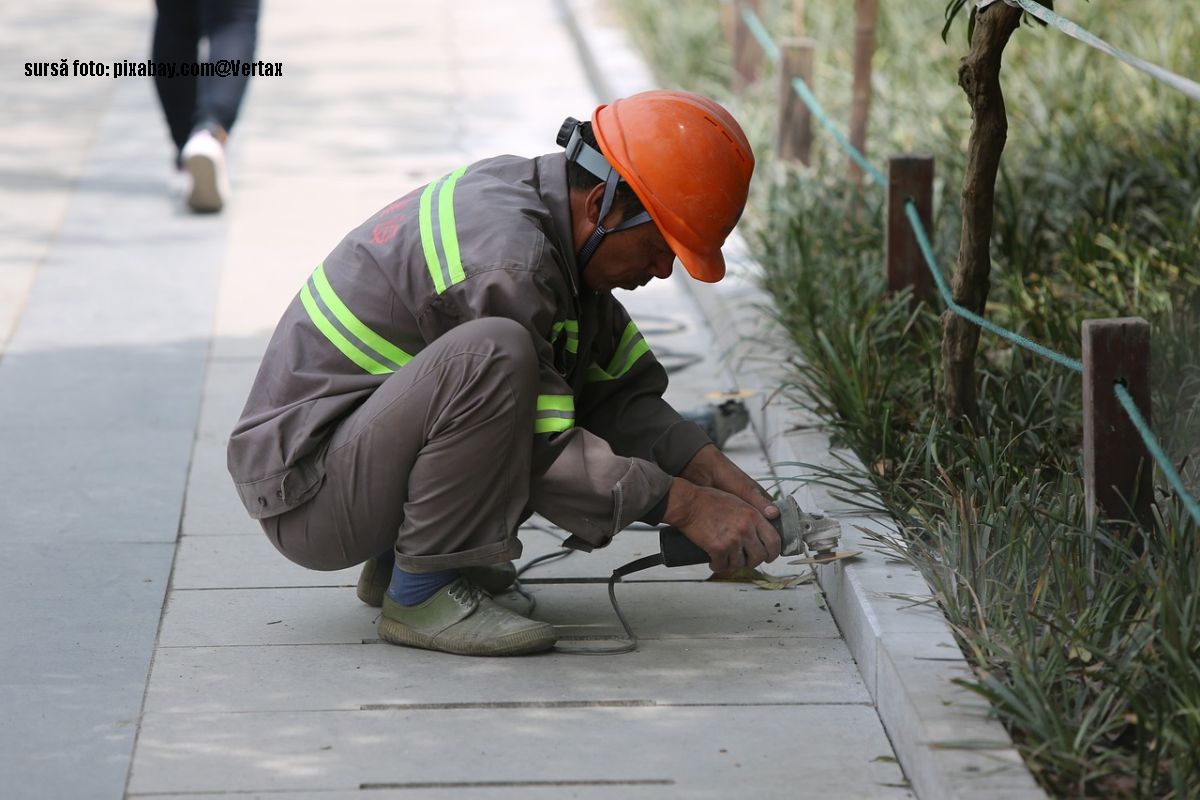Whistleblowing in Romania
While Romania has one of the best whistleblower laws in the world, “this law is useless unless more people are willing to speak out, according to whistleblower Claudiu Tutulan.

Christine Leșcu, 31.08.2016, 12:24
The concept of “whistleblower” was introduced in Romania under Law 571 that was passed in 2004. At the time, Romania was closing EU accession talks and the law was designed to ensure the anonymity and protection of civil servants who exposed abnormalities and illegal activities that may have been carried out within their organisation in financial or ethical nature.
A more detailed definition of the term is provided by legal advisor Codru Vrabie, a member of the Funky Citizens Association and one of the individuals who helped draft the 2004 law:
“A whistleblower is an employee or public servant acting in good faith who, when they see something abnormal happening in his or her organisation, reports these facts to the management so the situation can be addressed. If this person does not have confidence that the problem can be solved within the organisation, he or she may speak to others outside the organisation.”
Consequentially, whistleblowers have been protected under Romanian law for more than ten years. In fact, the whistleblower law has recently been described as one of the best in international law from the Regional Anti-Corruption Initiative, an initiative set up under the Stability Pact for South Eastern Europe. We asked Codru Vrabie whether people have spoken out in Romania under protection by this law:
“I personally know of 50 cases, but there are much more across Romania. In my opinion, we have had between 300 and 500 whistleblowers in Romania in the last 12 years. There are no official figures on the subject, so I cannot give you a precise figure. Public institutions in Romania have not put in place specific procedures on the protection of whistleblowers, so they dont report these cases. Nor do legal courts in this country contain information about Law 571 in their databases, because the law is only mentioned if invoked specifically by the defence, and not if it is the subject of a trial”.
Recent events on the activities of the National Company of Motorways and National Roads are a good opportunity to see how the whistleblower law is applied and in what circumstances a whistleblower can act in Romania. While working as a commercial manager with this company in 2013, Liviu Costache discovered that tolls collected for passing certain bridges were being stolen. He started to investigate the case, but instead of receiving support from company management, he was dismissed altogether. In his case, the whistleblower law was ignored. Liviu Costache explains:
“What is really worrying is that the authorities, and Im referring specifically to the National Company of Motorways and National Roads, are trying to introduce confidentiality clauses in their internal regulations and in the employment contracts to prevent employees from speaking out. For example, we received a warning because we spoke out in a television programme, claiming the things we said werent true, which they were. Proof of that is the fact that the former general manager of the National Company of Motorways and National Roads is currently under investigation and subject to legal restrictions pending trial. What is even more worrying is that you have to ask for the general managers permission to speak in public. This is a serious infringement of the Constitution, which guarantees the right to free expression”.
Nevertheless, Liviu Costache is optimistic about the outcome of the court cases in which he is involved.
Meanwhile, the former general manager of the National Company of Motorways and National Roads Narcis Neaga has been dismissed and is now under investigation by the National Anti-Corruption Directorate and subject to legal restrictions pending trial. This has been possible because two people spoke out: Alin Goga, a former investment manager at the Craiova Regional Roads and Bridges Authority and his colleague, Claudiu Tutulan. In a television programme, the former revealed certain abnormalities related to the construction of a section of the motorway linking Sibiu to Orastie. This section of the road is today closed for repair works. Alin Goga says, however, that his revelations under the whistleblower law did not change much:
“Things are moving very slowly and the persons responsible according to a transport ministry report are still in office. And this is not right. I did everything according to the book, first reporting the situation to the then general manager, but he wouldnt listen and refused to take any action. After I spoke out on television they threatened me and said they would sue me. They still havent, by the way. No one protects you in Romania. This whistleblower law is useless. Although the law clearly stipulates that it applies to national companies like Motorway and Road Company, its management ignored this fact because the general manager alone decided it did not apply in our case.”
In 2013, Claudiu Tutulan also reported many abnormalities after inspecting the commercial areas along national and European roads. Although he discovered that the company was losing millions of euros, the whistleblower law did not protect him from abuse by his companys management. Claudiu Tululan tells us what happened:
“Although I invoked the whistleblower law no. 571 of 2004, I became the subject of an internal inquest and was even threatened that I would be sacked. I received two warnings although I told them that, according to the whistleblower law, they had to cooperate with the investigation launched by the media and provide explanations. They simply didnt care about the law. They started to send me away on a business trip, but wouldnt cover my expenses and they cut my salary by 220 euros. Although I had bank rates to pay and family and kids to take care of, I didnt want to give up. Its only now that Mr. Neaga, the general manager of the National Company of Motorways and National Roads, is finally being investigated by the National Anti-Corruption Directorate. The problem is that the whistleblower law is useless unless more people are willing to speak out. If we dont, its our children who will suffer in the long term.”
The three whistleblower stories we have presented today are also the subject of a theatre production entitled “Ordinary People” written and directed by Gianina Carbunariu.






























